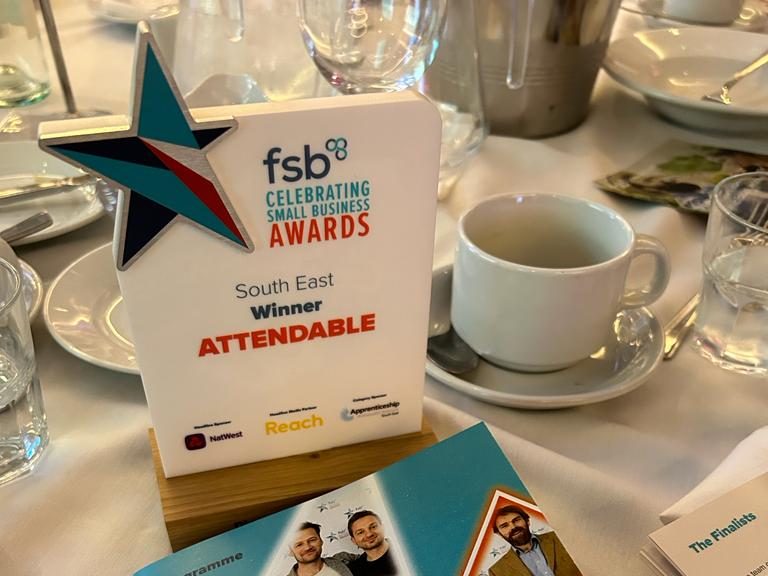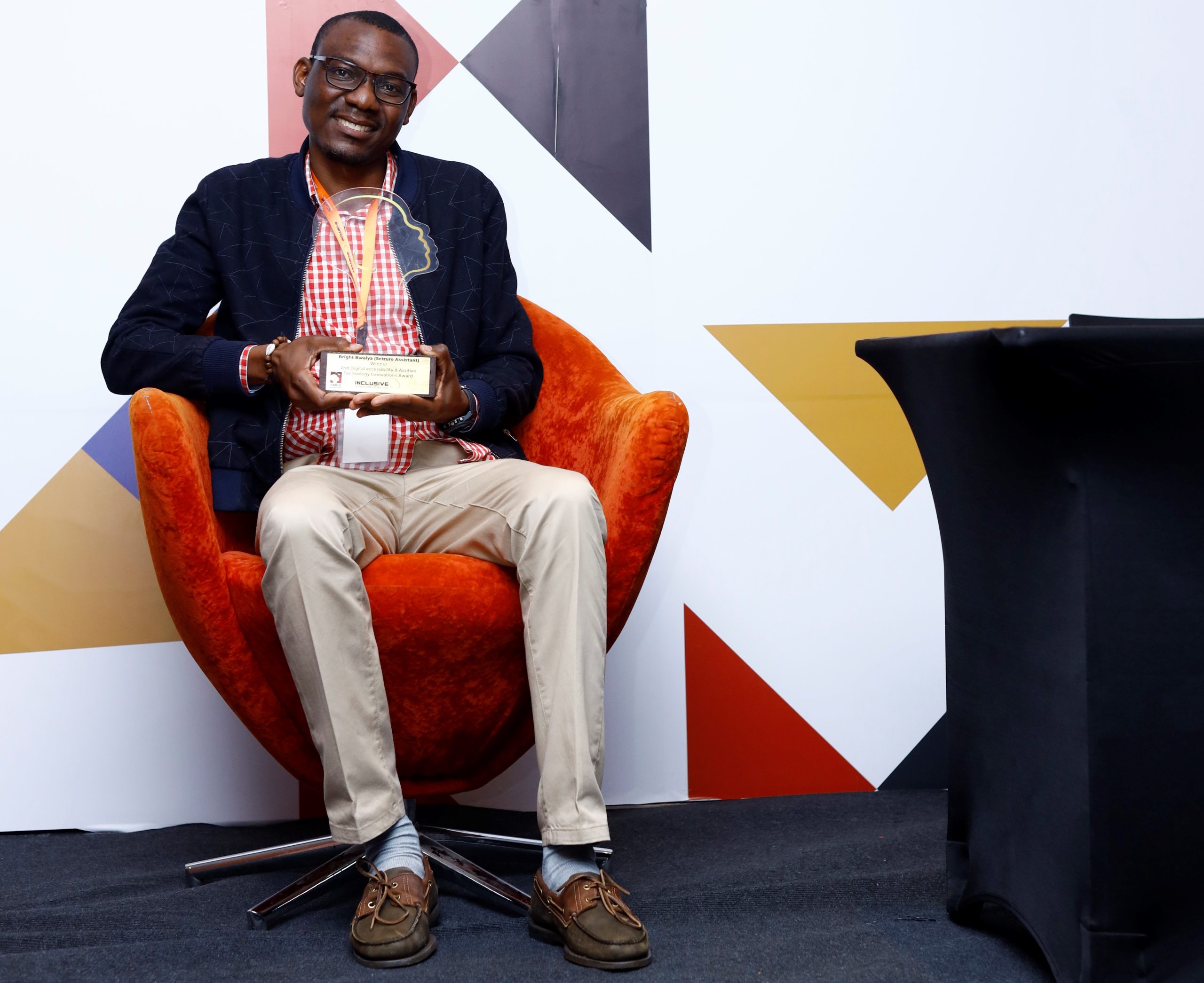National Inclusion Week (25-1 September) is dedicated to celebrating inclusion and taking action to create inclusive workplaces.
This year’s theme – Take Action Make Impact – is a clear call to action, and we’re here for it. So how can we build inclusion into our daily practices?
We thought we would share some clear steps you can take to ensure you are more accessible to everyone when it comes to your events.
1. Remove barriers
By removing barriers that might get in the way of taking part you make it clear that it is possible to create an inclusive environment that won’t put disabled people at a disadvantage. This doesn’t just mean physical barriers and ensuring that your venue is accessible, it might also mean providing live captioning or British Sign Language interpretation so everyone can engage with your content.
You might offer hybrid events with live streamed presentations, or a captioned recording after the event.
With reasonable adjustments you can ensure that everyone can take part in the way they prefer, and everyone can engage with your event and your content.
2. Ask people what they prefer
But you don’t need to guess what people need. Ask them and listen to what they say. Make sure you ask people what requirements they have early on and how you can improve the experience for them.
3. Build inclusive panels that reflect your audience
If you don’t see yourself reflected in panels and speaking lineups, how do you know the content is for you? Inclusion activity means we expect events to include and engage a broader range of people from more diverse groups. Long gone are the days of ‘male, pale, and stale’ line-ups and things are better for it.
4. Challenge anti wokeness and explain why you have made the changes you have
Speaking up about inclusion and why it is important is vital. Lead by example and be prepared to educate others about the changes you have made to be more inclusive and why it matters. These small steps will help others understand the value of considering inclusion and encourage them to do the same, opening a dialogue is healthy, as is asking for feedback and being prepared to learn and change how you do things.
Disability and difference should not be barriers to success. With the right support, some forward planning and simple accommodations we can ensure we can all thrive in the workplace and beyond.
Sign up for our free guide on how to plan events that work for a neurodiverse audience.
To talk to Attendable about how to make your events more inclusive, get in touch.



















































